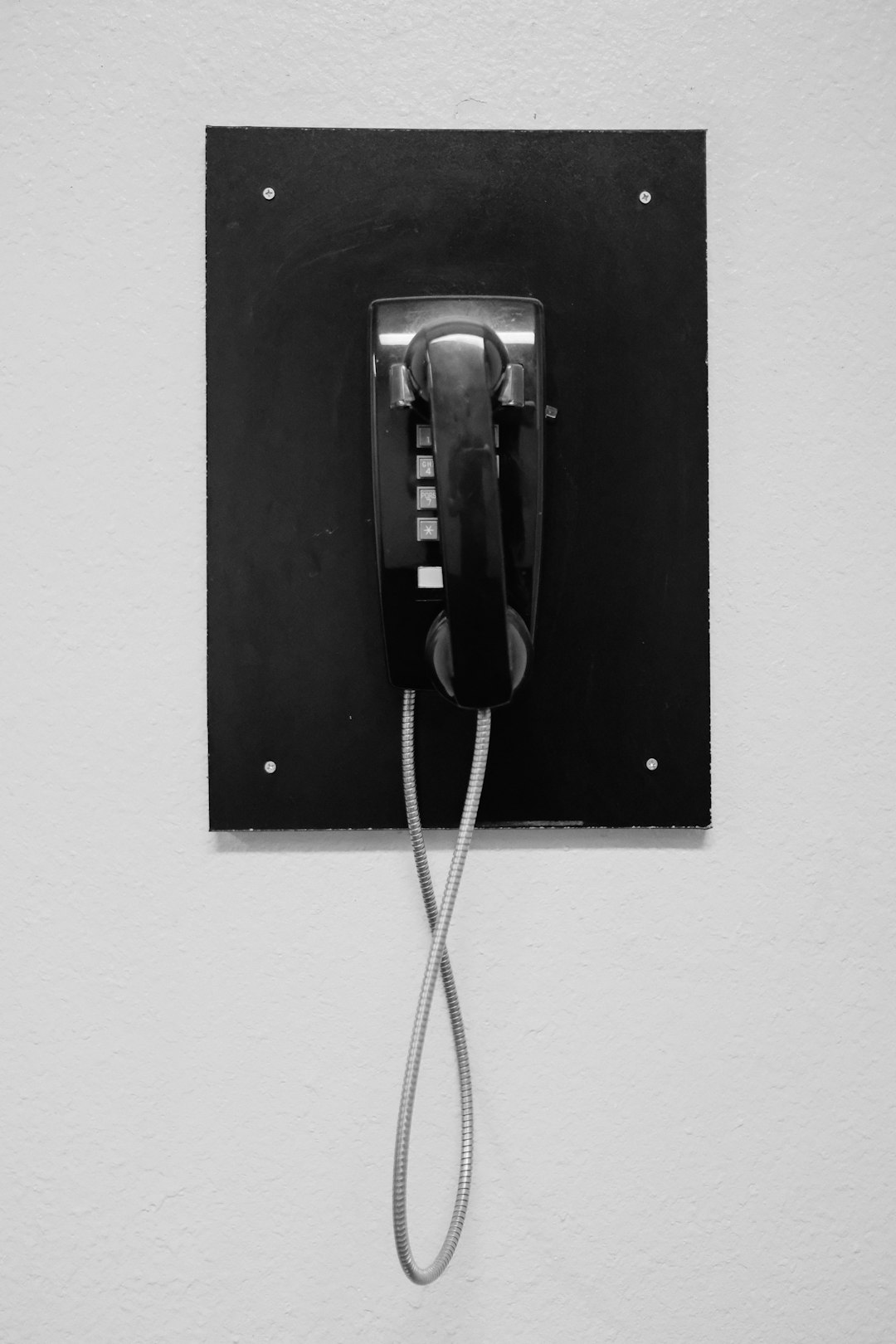In New Jersey, the Telephone Consumer Protection Act (TCPA) regulates automated phone calls (robocalls), offering consumers protection from unsolicited marketing messages and deceptive practices. If you've received unwanted robocalls, a lawyer specializing in TCPA New Jersey laws can guide you on your rights, take legal action against perpetrators, and potentially secure compensation. These professionals can navigate the legal process, send cease-and-desist notices, file lawsuits, and negotiate settlements, ensuring your rights are respected. Engaging such a lawyer is crucial when repeated robocalls invade your privacy, offering significant advantages in deterring further harassment and seeking collective action for compensation.
In today’s digital age, robocalls have become a ubiquitous part of our daily lives. While some are legitimate, others can be intrusive and even illegal. If you’re receiving unwanted robocalls in New Jersey, understanding your rights under the Telephone Consumer Protection Act (TCPA) is crucial. This guide explores what robocalls are, how they’re regulated in NJ, and your legal protections. Learn when it’s wise to consult a lawyer for TCPA cases in New Jersey to navigate these complex issues effectively.
What Are Robocalls and How Are They Regulated in New Jersey?
Robocalls, or automated phone calls, have become a ubiquitous part of modern communication, often used for marketing purposes. In New Jersey, these calls are regulated by the Telephone Consumer Protection Act (TCPA), a federal law designed to protect consumers from unsolicited and pre-recorded messages. The TCPA grants individuals the right to sue for damages when they receive robocalls without prior consent.
In NJ, the regulation of robocalls is enforced by the New Jersey Division of Consumer Affairs, which works to prevent unfair or deceptive practices. A lawyer specializing in TCPA New Jersey can guide you through these regulations and help you understand your rights. If you’ve been affected by unwanted robocalls, they can also assist in taking legal action to stop the calls and seek compensation for any harm incurred.
Your Rights Under the TCPA (Telephone Consumer Protection Act)
In the face of relentless robocalls, consumers in New Jersey have rights protected by the Telephone Consumer Protection Act (TCPA). This federal law restricts how businesses can contact individuals using automated dialing systems or prerecorded messages, commonly known as robocalls. If you’re being bothered by unwanted calls, a lawyer for TCPA New Jersey can help. The TCPA allows you to take legal action against violators, seeking damages for each violation. This includes not just stopping the calls but also collecting monetary compensation for the intrusion on your privacy and peace of mind.
A lawyer for TCPA New Jersey can guide you through the legal framework designed to protect consumers from these nuisance calls. They can assist in sending cease-and-desist letters, filing lawsuits when necessary, and negotiating settlements if violators refuse to comply with the law. Understanding your rights under the TCPA is crucial, especially given the increasing sophistication of automated calling technologies. Knowing how to enforce these rights can help put an end to unwanted robocalls once and for all.
When Is It Necessary to Hire a Lawyer for TCPA Cases in New Jersey?
If you’re facing repeated robocalls and believe your privacy has been invaded, understanding your rights under the Telephone Consumer Protection Act (TCPA) is crucial. In many cases, consumers can resolve issues with robocallers by filing complaints with the Federal Trade Commission (FTC) or their state attorney general. However, when the volume of calls is overwhelming, or if you’ve already tried other methods without success, it might be time to consult a lawyer specializing in TCPA cases in New Jersey.
Engaging a legal professional can provide several benefits. A lawyer experienced in handling TCPA cases understands the complexities of the law and can help navigate the regulatory landscape. They can also assess if your case qualifies for collective action or class-action lawsuits, which can result in significant compensation for victims. Moreover, a lawyer can deter further harassment by sending a strong legal message to the robocallers.






